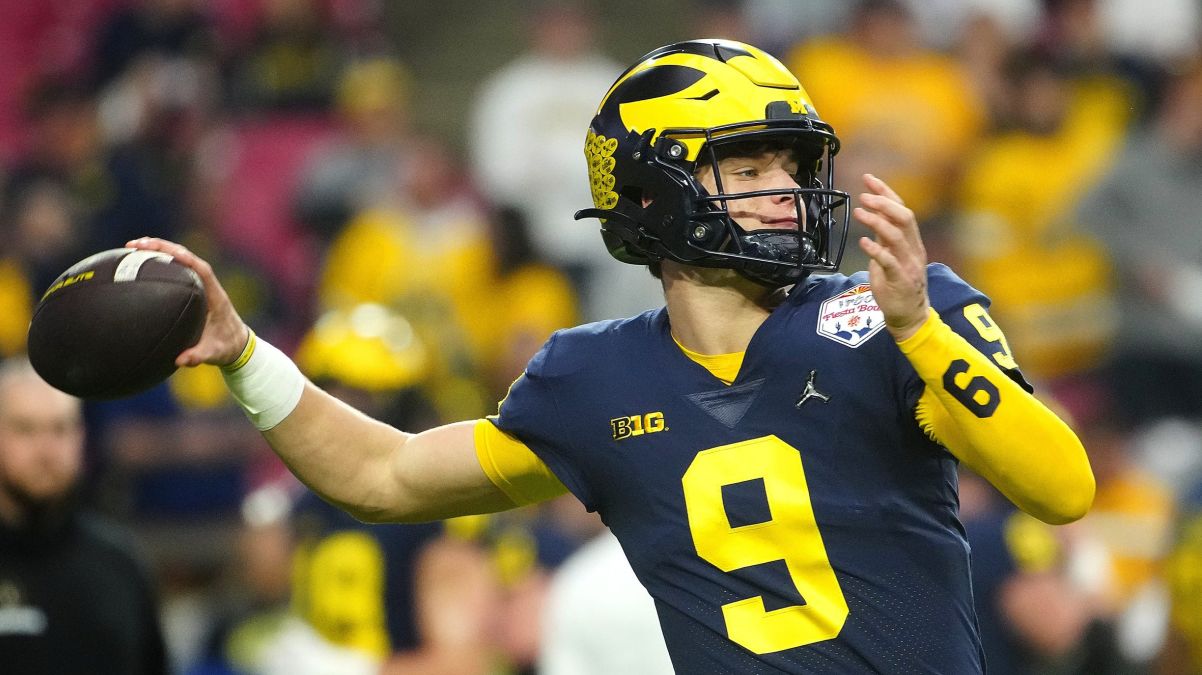Late Friday afternoon, in broad daylight, 51-year-old South Sider Charles Short was gunned down on the street and pronounced dead at the scene, with bullet wounds to his head and chest.
According to the Chicago Tribune, Norine Taylor identified her brother, whose body was shrouded beneath police tarp, and screamed: "What is Rahm Emanuel going to do about this?"
"I heard Rahm Emanuel is thinking about giving money to Divvy bikes," said Taylor. "He needs money to stop the shootings, to hire more police, to stop the killing."
It's an all-too-common refrain in the South Side, where support for Mayor Emanuel is waning -- and fast -- as residents lose more loved ones to the chronic gun violence that plagues the city's toughest neighborhoods. The fact that Taylor reacted to Short's death by invoking Emanuel's name speaks volumes on his dismal standing among many black Chicagoans for whom crime-related dread and despair pervade everyday life to become a gritty reality far removed from the manicured lawns of Lincoln Park and other tony areas.
At home in Fuller Park, Jamie Butler, 22, ducked for cover while overhearing some 20 gunshots erupt from the street in the shooting that killed Short and injured a 32-year-old man. The violence, he told the Tribune, creates a sense of "fear, like you can't relax."
Last week, Emanuel announced a bid to reduce the murder rate through stricter gun laws in which gun sales would be videotaped to ward off customers with fake IDs and buyers would be allowed only one handgun per month. In addition, gun store staffers would be banned from operating within 500 feet of schools and parks.
"Chicago’s violence problem is largely a gun problem," stated his proposal. "Every year, Chicago police officers take thousands of illegal guns off the street. But, despite these efforts, it remains far too easy for criminals to get their hands on deadly weapons."
An estimated 60 percent of gun-related violence here involves weapons bought legally from surrounding states and suburbs that have looser gun laws.
The mayor, who says he aims to put more police on the streets, recently tried to gain approval for a city-wide ban on retail gun shops but a federal judge vetoed the pitch as unconstitutional because of the "right to keep and bear arms for self-defense under the Second Amendment."
Local
In a May 20 op-ed, the New York Times editorial board applauded Emanuel's efforts, writing: "The Chicago proposals are rooted in proven reforms that Congress should be considering nationally. In 2006, New York City sued 27 out-of-state firearm dealers that were major sources of guns used in city crimes. In a settlement, the dealers agreed to videotape sales and train their staffs to recognize straw buyers, who are in the business of reselling weapons. Follow-up studies showed a major drop in crime-scene guns that came from the shops that had been feeding the underworld pipeline."
Critics of Emanuel's anti-violence agenda argue that it places too heavy an emphasis on getting rid of guns rather than dealing with the root of the bloodshed: poverty, unemployment and a bleak school system where resources are slim and graduation rates low.
"Where is the plan to deal with the violence?" asked Karen Lewis, the fiery Chicago Teachers Union boss, sitting down with Ward Room last Thursday. "The plan to deal with the violence is not 'We're gonna just clamp down on gun control' and 'We're gonna lock more people up.' The plan is 'Where are the incentives that business needs to come and open factories, manufacturing or whatever, in these parts of town where people need work'? Living wages! Guess what, when people have work and living wages, the crime thing seems to go down."
Lewis continued: "So how do you incentivize your rich friends to come invest in Englewood, in Austin, in Auburn Gresham, instead of everything that's happening downtown or on the near North Side or Lincoln Park? How difficult is that?"
You have to wonder whether the multi-tasking mayor has carved out time to read Atlantic blogger Ta-Nehisi Coates' buzzy 15,000-word essay "The Case for Reparations," which largely takes place in the North Lawndale neighborhood and details how black families were consistently -- and devastatingly -- denied wealth, upward mobility and fair housing in the face of rampant and systemic racism.
"Today Chicago is one of the most segregated cities in the country, a fact that reflects assiduous planning," Coates writes. "In the effort to uphold white supremacy at every level down to the neighborhood, Chicago—a city founded by the black fur trader Jean Baptiste Point du Sable—has long been a pioneer."
As a result, he observes, "blacks and whites do not inhabit the same city. The average per capita income of Chicago’s white neighborhoods is almost three times that of its black neighborhoods."
Taking office in 2011, Emanuel made it his mission to combat crime by tightening gun laws -- a worthy, commendable goal which everyone can get behind. But given the city's troubling tale-of-two cities history, a "gun problem" is much more of a symptom than a cause.
When Norine Taylor asks "What is Rahm going to do about this?" she is pleading for a safer streets, a better life and a fighting chance.



